Prepping soil in fall for winter?
xxnonamexx
9 years ago
Related Stories
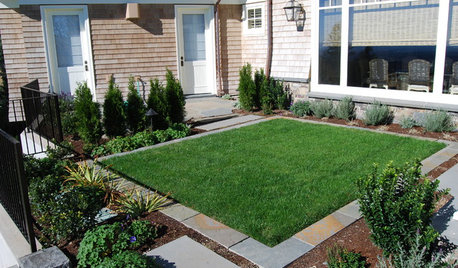
GARDENING GUIDESHow to Prep Your Ground for a Healthy New Lawn
Seed or sod that falls on weedy, lumpy soil is a wasted effort. Follow these steps to ensure that your new lawn will thrive
Full Story
HOUSEKEEPINGOutdoor Home Prep to Do Before Hard Winter Hits
Avoid cracking, rusting and rotting during freezes by taking care of these tasks now
Full Story
GARDENING GUIDESGarden Myths to Debunk as You Dig This Fall and Rest Over Winter
Termites hate wood mulch, don’t amend soil for trees, avoid gravel in planters — and more nuggets of garden wisdom
Full Story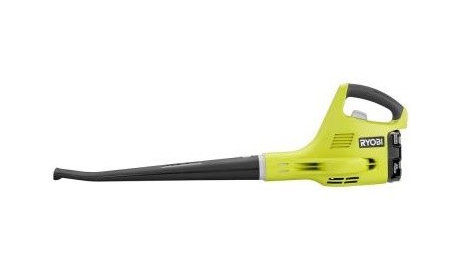
FALL GARDENING8 Must-Have Tools for Fall Backyard Prep
Autumn outdoor work feels overwhelming, but these handy tools can keep it under control
Full Story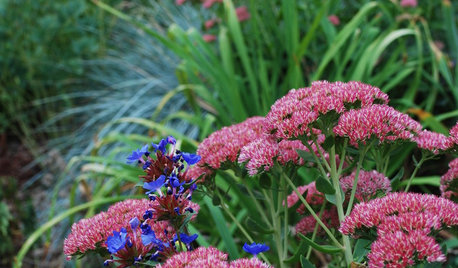
GARDENING GUIDESFall Is Calling: What to Do in Your October Garden
Get a jump on winter prep or just sit back and watch the leaves fall. The beauty of an autumn garden is in all the choices you have
Full Story
GARDENING AND LANDSCAPINGFall Checklist: 8 Ways to Winterize Your Patio
See how to get your deck or patio ready for cold, wet weather — and keep things in good shape for next spring
Full Story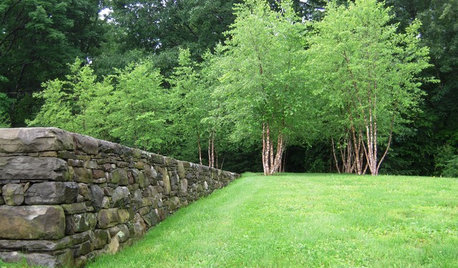
LANDSCAPE DESIGNFlood-Tolerant Native Trees for Soggy Soil
Swampy sites, floodplains, even standing water ... if you've got a soggy landscape, these trees are for you
Full Story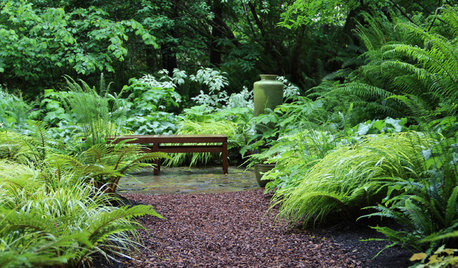
GARDENING GUIDES10 Solutions for Soggy Soil
If a too-wet garden is raining on your parade, try these water-loving plants and other ideas for handling all of that H2O
Full Story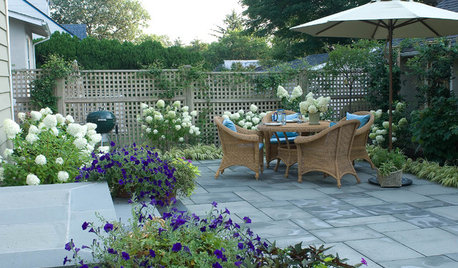
GARDENING AND LANDSCAPINGGet It Done: Clean and Prep the Patio
Haul out the hose and bid cobwebs farewell. It's time to renew your outdoor room for relaxing, dining and entertaining
Full Story
GARDENING GUIDESGardening Solutions for Heavy Clay Soils
What’s a gardener to do with soil that’s easily compacted and has poor drainage? Find out here
Full Story





jrslick (North Central Kansas, Zone 5B)
xxnonamexxOriginal Author
Related Professionals
Canton Landscape Architects & Landscape Designers · Birmingham Landscape Architects & Landscape Designers · Americus Landscape Contractors · Eureka Landscape Contractors · Longview Landscape Contractors · Olympia Landscape Contractors · Oviedo Landscape Contractors · Paramus Landscape Contractors · Pine Hills Landscape Contractors · Roswell Landscape Contractors · San Rafael Landscape Contractors · Tewksbury Landscape Contractors · Waldorf Landscape Contractors · Yukon Landscape Contractors · Northbrook Driveway Installation & Maintenancedrmbear Cherry
theforgottenone1013 (SE MI zone 5b/6a)
Persimmons
Erik333
nancyjane_gardener
Persimmons
nancyjane_gardener
shayneca25
tn_gardening